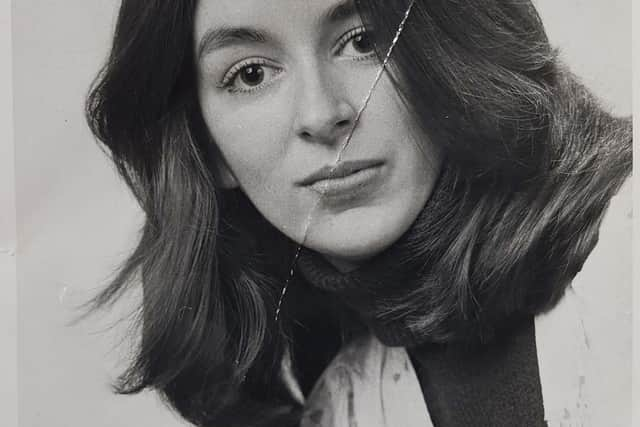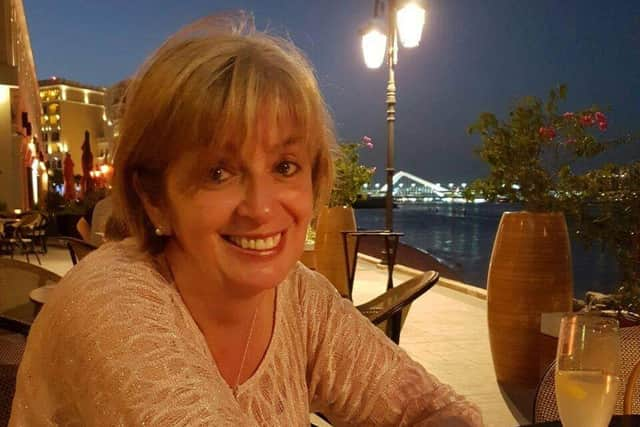Forced adoption: Mothers say national apology 'not enough'' and call for deep reforms to heal 'atrocities'
The Movement for Adoption Apology in Scotland has stressed calls for much-needed mental health support for mothers and changes to the management of adoption records, which remain closed for 100 years to parents.
The campaign has also called for a permanent memorial to those affected, with adoption often presented as the only option, both by many families and health professionals, given social attitudes of the day towards unmarried mothers. Many women have spoken of a lifetime of shame, trauma and secrets that followed.
Advertisement
Hide AdAdvertisement
Hide AdIt is estimated around 60,000 women in Scotland were affected by such adoptions, with the period between the 1950s and early 1980s now in sharp focus.


Jeannot Farmer, 65, of MAA Scotland, spoke out as the Scottish Government announced it would start collecting experiences of women with a view to establishing support and action required.
The campaign has worked closely with mothers in Australia where a national apology was issued in 2013, but only after similar reforms were agreed and millions of dollars freed up for mental health support.
Ms Farmer, a retired teacher of Glasgow who lost her son to forced adoption aged 22, said she “fundamentally disagreed” with a view the Scottish Government should move quickly towards an apology, given discussions have been quietly held with mothers over a number of years.


Ms Farmer said: “If you get a quick apology, it just disappears. You get an outpouring of sympathy but it doesn't address the fundamental problems faced by those involved in forced adoptions.
“A very fast apology without these reforms is not enough.
"If we accepted an apology with no specific help for mental health, it would be cruelty for the women who emerge from the shadows and then have nowhere to go.”
On a permanent memorial, Ms Farmer added: “We want something to communicate that an atrocity happened."
The campaign has drawn up five recommendations, including an independent body to manage adoption records and the creation of a national database.
Advertisement
Hide AdAdvertisement
Hide AdMs Farmer said: “We don't have any rights to access information regarding our children. You have been through this horrific experience and you can't rationalise it. Records are one of the ways you can try and disentangle what happened.”
Ms Farmer became pregnant while a student and made inquiries with social services regarding adoption, but no agreement was made before the birth.
She described the birth at now closed Bellshill Maternity Hospital in 1979 as abusive – and says she believes “policy and culture” towards unmarried mothers underpinned her experience.
Within hours of asking where the nursery was so she could see her son – a request which was refused - she was transferred to Hairmyres Hospital in East Kilbride without her baby.
Children’s Minister Clare Haughey offered her “sincere sympathies” to those affected and said: “It is heart-breaking that in the past there were practices which resulted in some women feeling forced to give up their children.
“Listening to these voices will help us to understand what support and action is needed. I hope we can work together to explore next steps.”
A message from the Editor:Thank you for reading this article. We're more reliant on your support than ever as the shift in consumer habits brought about by Coronavirus impacts our advertisers.
If you haven't already, please consider supporting our trusted, fact-checked journalism by taking out a digital subscription.
Comments
Want to join the conversation? Please or to comment on this article.
